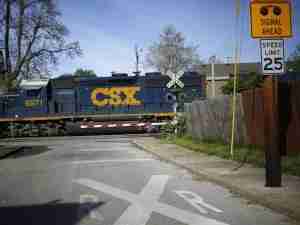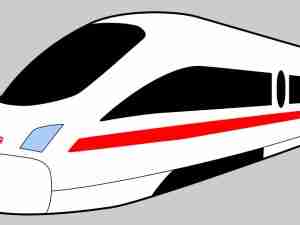Kazakhs launch “Silk Road” China-Europe rail route
posted by AJOT | Jun 09 2013 at 08:00 PM | Intermodal
Kazakhstan has launched a new transit railway linking China to Europe, aiming to beat rival routes for journey time in the competition to handle a growing flow of goods along the ancient Silk Road trade route.
"Kazakhstan is a virtual bridge linking the East and the West," Yerkin Meirbekov, deputy railway department chief at Kazakhstan's Transport Ministry, said in an interview. "You can actually say this is the revival of the Silk Road."
Centuries ago, it would take months for caravans of camels and horses from China to reach Europe across the sun-scorched steppes and deserts of Central Asia to exchange silk for medicines, perfumes and precious stones.
Now it takes just 15 days for trains carrying containers with electronic goods, construction materials and other cargo to cover the 10,800 km (6,750 miles) route from Chongqing in southwest China to Duisburg in Germany's industrial Ruhr region.
Late last year, Kazakhstan completed construction of a 293-km (183-mile) stretch from Zhetygen to Korgas at the Chinese border, looping it in to the existing national railway network and opening the second China-Europe link across its territory.
Meirbekov said that the annual volume of freight turnover along the new route, guaranteed by China, was set to total 2 million tons this year and would rise eventually to 15 million tons.
"The Chinese side, as well as the Kazakh side and European partners - everyone is ready (to handle these volumes) already tomorrow," Meirbekov said.
"All railways, as well as customs and border guards, are ready to assist fast passage of cargo across their territories."
Europe-bound trains from China cross from Kazakhstan into Russia. Then they go via Belarus and Poland before reaching Duisburg in Germany.
Lucrative Business
Transit routes are a major earner for Kazakhstan's fast-growing economy, already established as a route for pipelines to pump Central Asian oil and gas to China, reducing the region's dependency on former colonial master Russia.
"In railways, transit cargo is considered to be net profit, because there are no costs involved - you take in cargo at one border and hand it over at the other. This is a tasty morsel, and all nations are vying for transits," Meirbekov said.
Kazakhstan, the world's ninth-largest nation by area which is populated by just 17 million, inherited another railway route to China from the Soviet Union.
This railway, with the Dostyk-Alashankou crossing at China's border, handled a record 16.5 million tons of cargo to and from China in 2012, Meirbekov said, predicting that it would reach it maximum annual capacity of 25 million tons soon.
"If you look at China's prospects, large-scale and intensive development of western China is under way, and output produced there should be exported elsewhere," he said. "This is why the second (transit) route was built."
"Sending goods by sea is very cheap - of course, if the client agrees to wait for 45 days," he said. "But markets are fickle, and you have to move fast."
Goods to be delivered to Europe from China via Russia's Trans-Siberian railway would cover 12,000 km and transit time would take between 18 and 20 days, the Kazakh government says, touting its own route.
Oil-rich Kazakhstan, Central Asia's largest economy, forecasts its gross domestic product to expand by 6 percent this year after a 5-percent rise in 2012.
Kazakh state railway company Kazakhstan Temir Zholy (KTZ) has estimated that cargo transit via its network would reach 35 million tonnes by 2020 and eventually rise to 50 million tons.
KTZ handles 90-95 percent of all Kazakh transit cargo. (Reuters)







